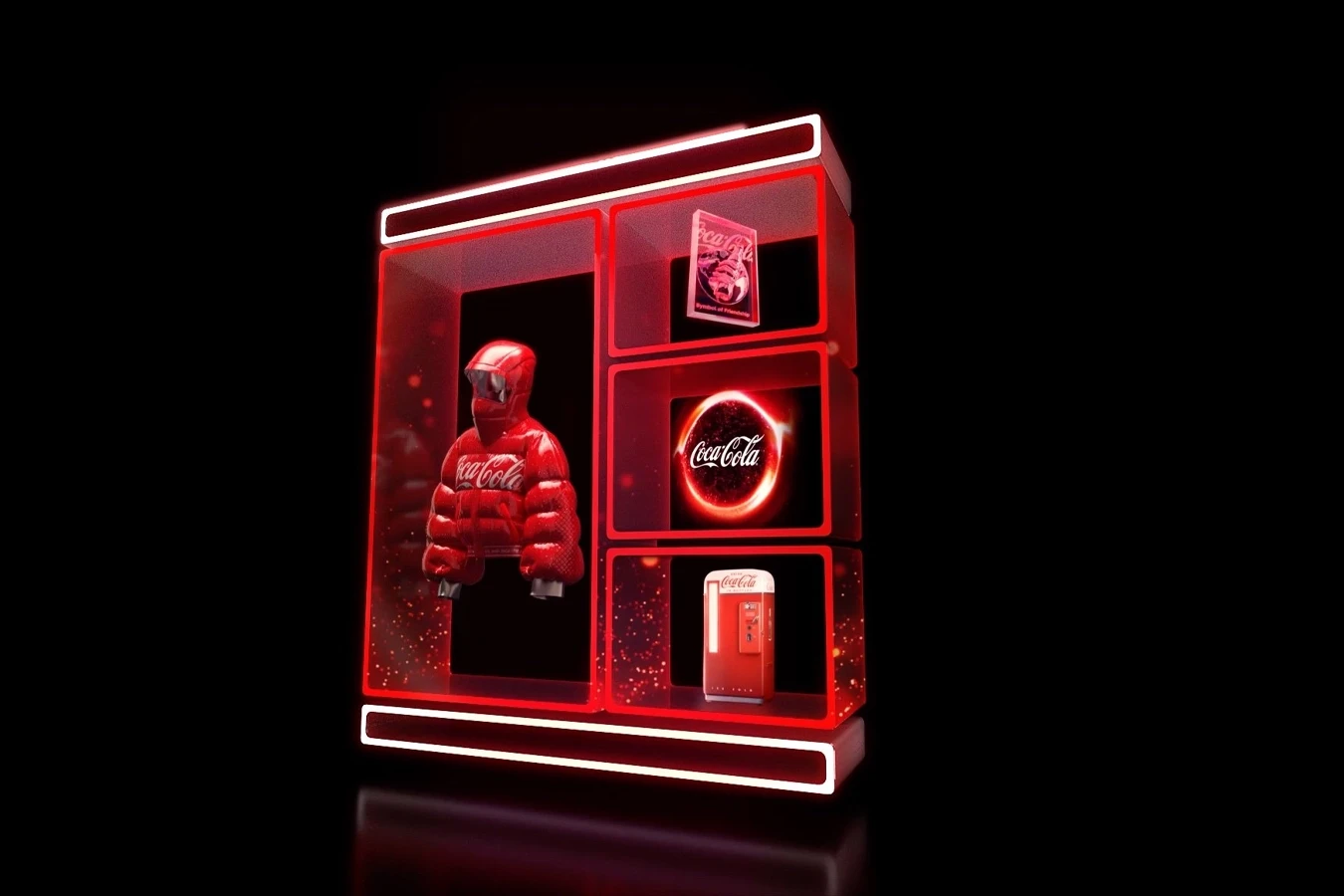How the Metaverse is changing advertising forever
The Metaverse is a 3D immersive digital world shared with many users, that can span various digital platforms but also merges with the physical world, for example, people can work, play and shop together on this platform.
An example of how a company has utilised the Metaverse for advertising could be Gucci, who created the Gucci Garden in Roblox, a virtual experience that simulates the Gucci Garden Archetypes in Florence, Italy. Roblox players can purchase digital pieces while mingling with others in the area.
This showcases how the metaverse is revolutionising advertising and marketing. The four P’s of marketing; price, product, place and promotion are a set of controllable variables that companies can use to influence their targets. The way Gucci used the Metaverse meant they were able to change the place they do this, and also the way in which they promote their digital pieces.
“The key to marketing is to stay in front of the target audience. With the evolving metaverse, companies can learn new ways to market to customers in this immersive, digital world.” (Hetler, 2024)

What are the key characteristics of the metaverse?
- Immersive (Through augmented and virtual reality technologies)
- Interconnected (Users can simultaneously connect with various applications at the same time)
- Governed by its own laws (Different to platforms such as Facebook, whether the social network is owned by one company)
- Visionary (Still in it’s early stages, with large corporations investing a lot of money which will mean the way in which the Metaverse is used will be ever-changing and innovative)
Reasons companies are using the Metaverse
Of course, the question of why companies would be using the Metaverse should be obvious. It offers a brand-new way to advertise, market and sell to their consumers. But another reason is that it is targeting the younger generations of Generation Z and Millennials, who will be more likely to use the virtual space.
The Metaverse is allowing brands to advertise their products and services in a more personalised and immersive way, which is proving to be beneficial in driving sales. In fact, the Metaverse may also be a more effective marketing method in comparison to the targeted advertising we see now that is largely based on search history across devices.

Keys to marketing in the Metaverse
As previously stated, the Metaverse is about creating an experience for the customer. So to do this effectively, brands needs to know their target audience. For example the gaming platform Roblox caters to a younger audience who will be more likely to use this technology. You can achieve better engagement by:
- Making collectibles available. People enjoy collecting items, and there is a new opportunity to create a virtual collection in the Metaverse.
- Engage with existing communities. Interact with current members to create user-generated content — such as videos, text, images and audio — and they can help execute a business’s campaign naturally.
- Use native advertising. As people explore the Metaverse, there will be opportunities for native advertising such as billboards on a virtual street or product placement.
- Create a specific Metaverse platform. This is the most expensive and biggest way to invest in the metaverse. For example, Shopify launched its own new AR/3D shopping experience for businesses to create virtual versions of their products, and is also working on its own NFT marketplace.

What are some of the negative implications of advertising on the Metaverse?
As this is a new digital space, it will inevitably come with it’s own challenges which companies and users alike will need to be aware of. Data Privacy concerns are a growing issue and brands need to be aware of how they will be using customers personal information when entering the Metaverse and using its products.
The lack of governance and regulated authority is another issue that comes as a double-edged sword. On the one hand it is positive that the Metaverse is decentralised and not entirely controlled by a single platform or body. But of course this means issues such as harassment and bullying won’t be as tightly monitored or prevented. Cyber Security also mean that scams and phishing attacks may be more prevalent with limited help to resolve these issues.
To conclude, the Metaverse presents some exciting times in the world of advertising and marketing, where innovation and new ideas can flourish. It will present it’s challenges, as does anything new, but it is important we work to understand this new digital space so that we may benefit from it, either as a consumer or a marketer.
More interesting content...
Like this story? Share it on your social media...
For more of the latest content, why not subscribe to our mailing list...






